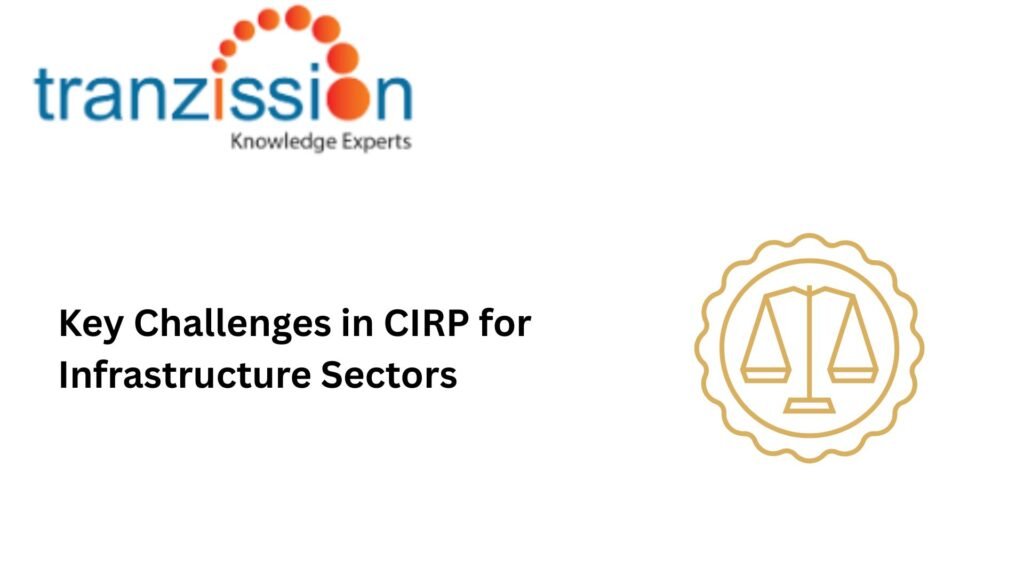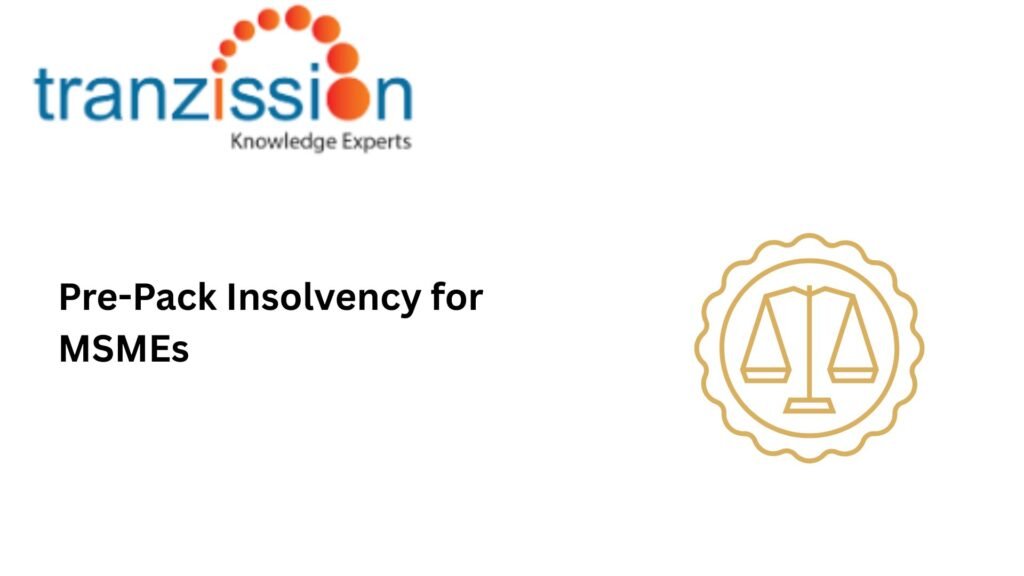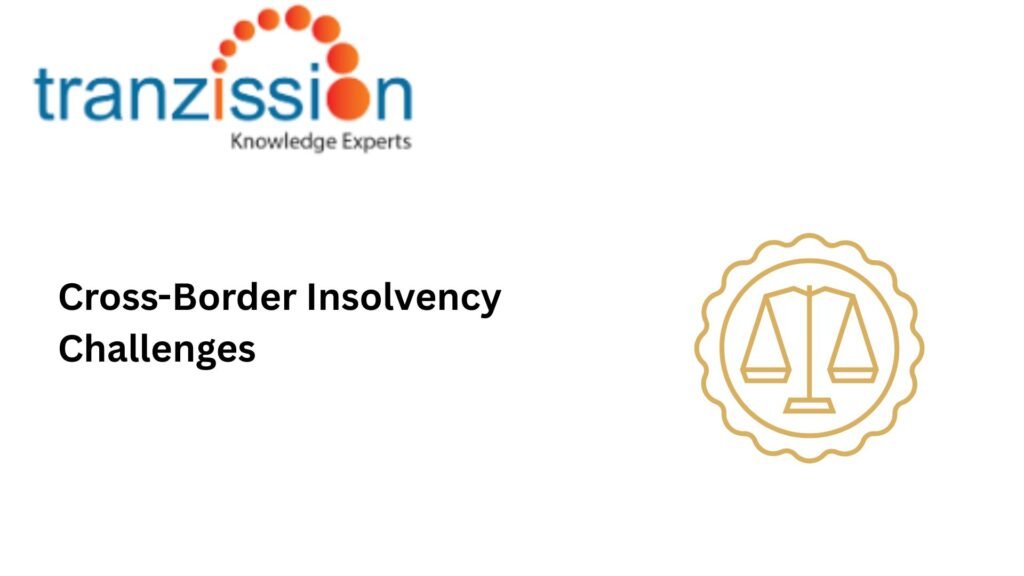Role of the CoC in CIRP Sector-Specific Insolvency Cases
Sector-specific insolvency cases are needed to address the unique characteristics of different industries, aspects that the Insolvency and Bankruptcy Code, 2016 (IBC) may not address. The Committee of Creditors’ (CoC) decision is crucial in forming the resolution plans that either revive the corporate debtor is liquidate them. Thereby, the CoC in CIRP decisions on sector-specific […]
The issue of economic downturns that impact the financial situation of different industries, such as construction companies, cannot be ignored due to their contribution to the overall economy in India. Their delayed payments severely affect the cash flow disruptions, particularly in large corporations. The current insolvency framework in India may not address the distinctive obstacles […]
The pandemic highlighted the need for a specialised insolvency mechanism to support financially distressed micro, small, and medium enterprises (MSMEs). On 4 April 2021, the government promulgated the Insolvency and Bankruptcy Code (Amendment) Ordinance, 2021, to introduce a Pre-Pack Insolvency for MSMEs (PPIRP)facing financial issues because of the pandemic. Understanding Pre-Pack Insolvency for MSMEs The […]
Companies operate across multiple companies, with assets and stakeholders in countries other than India. When these companies face financial issues they are forced to present their better before national and international laws. Therefore, their Cross-Border Insolvency Challenges operations become complex regarding the jurisdiction, how to handle the stakeholders properly, and other financial and legal intricacies. […]
Companies are now evaluated on their environmental impact, social responsibility, and governance practices, and not just their financial performance. Therefore, they are facing pressure from investors to improve these factors, leading to increased focus on sustainability initiatives, reporting, and transparency to attract capital. In India, there is a need for detailed mechanisms specifically on ESG […]
Adopting technology within an insolvency framework is crucial to improve the efficiency, transparency, and accuracy of the insolvency process. Technological tools can lead to quicker resolution times and better outcomes for all stakeholders. Different technologies can be used to improve the resolution process, such as artificial intelligence, Blockchain in Insolvency, data analytics, and cloud computing. […]
The Insolvency and Bankruptcy Code, 2016 (IBC) was enacted to consolidate and amend the laws relating to reorganisation and insolvency resolution process of corporate persons, partnership firms, and individuals in a time-bound manner. To initiate the insolvency process under the Section 7 of IBC , the applicants should clearly understand their debt, to be defined […]
Companies facing financial distress should be aware of all options available to them under the Insolvency and Bankruptcy Code, 2016 (“the IBC”), to potentially seek relief. Understanding the fresh start process under section 81 of IBC provides individual debtors an opportunity to restructure their debts and start on a clean slate. The introduction of Section […]
Understanding Section 30 of IBC Section 30 of IBC deals with the submission of a resolution plan by resolution applicants, a potential investor, or a creditor aiming to revive a distressed company. This outlines how they manage the company’s debts and affairs if their plan is approved by the Committee of Creditors (CoC), ensuring all […]
There are several stakeholders involved in making the resolution process effective, including the Committee of Creditors under Section 21 of IBC. The CoC has a crucial role in the outcome of the proceedings, their decisions determine the revival or liquidation of the distressed companies. The Insolvency and Bankruptcy Code, 2016 (IBC) governs the formation of […]



